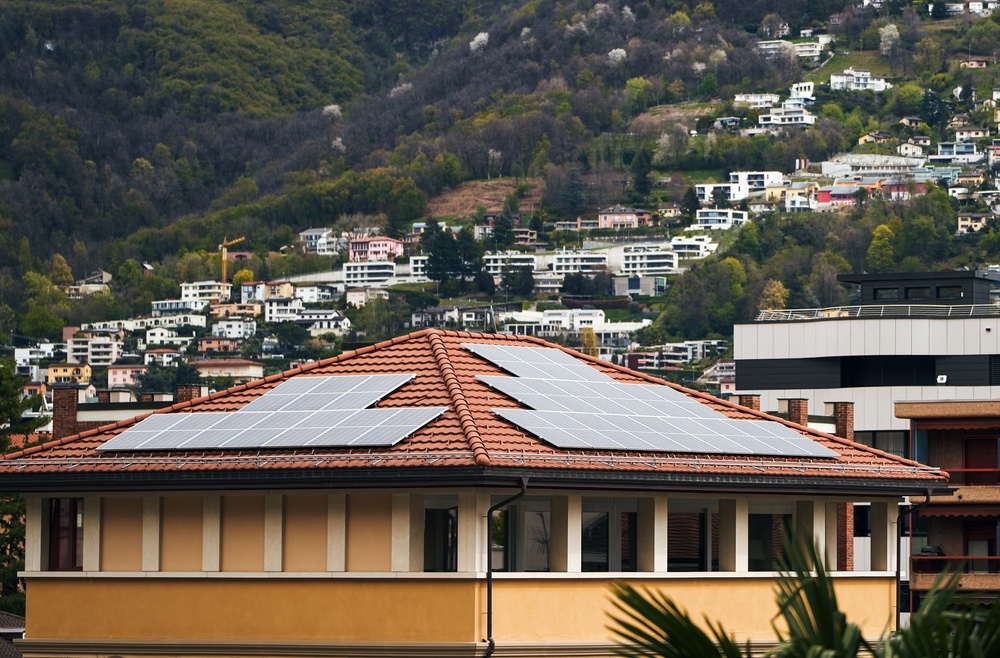Unveiling the Power of Solar Panels: Advantages and Disadvantages
In the quest for cleaner and more sustainable energy solutions, solar panels have emerged as a beacon of hope, harnessing the abundant power of the sun to generate electricity. Let's shed light on the advantages and disadvantages of solar panels, paving the way towards a brighter and greener future.
Advantages:
- Clean Energy Generation: Solar panels convert sunlight directly into electricity without producing any harmful emissions or pollutants, making them a clean and environmentally friendly energy source.
- Renewable Resource: The sun is an infinite and renewable resource, providing a reliable and sustainable energy supply for generations to come. Unlike finite fossil fuels, sunlight is inexhaustible and freely available.
- Low Operating Costs: Once installed, solar panels have minimal operating and maintenance costs, requiring only occasional cleaning and inspections to ensure optimal performance. This results in long-term savings on electricity bills and a favorable return on investment.
- Energy Independence: By generating electricity on-site, solar panels reduce dependence on traditional utility grids and fossil fuels, enhancing energy independence and resilience against power outages and price fluctuations.
- Versatility and Scalability: Solar panels can be installed on various surfaces, including rooftops, ground mounts, and even floating platforms, making them suitable for a wide range of applications and environments. They can also be easily expanded or scaled up to meet growing energy demands.
Disadvantages:
- Initial Investment: The upfront cost of purchasing and installing solar panels can be substantial, deterring some homeowners and businesses from adopting solar energy despite its long-term benefits. However, declining costs and available incentives, such as tax credits and rebates, are making solar more affordable than ever.
- Intermittent Energy Production: Solar panels rely on sunlight to generate electricity, resulting in variability and intermittency in energy production, especially during cloudy days or at night. Energy storage solutions, such as batteries, can help mitigate this challenge by storing excess energy for use when sunlight is unavailable.
- Land Use and Aesthetics: Large-scale deployment of solar panels may require significant land areas, raising concerns about land use conflicts and visual impacts, particularly in densely populated or environmentally sensitive areas. However, innovative designs, such as building-integrated photovoltaics, can minimize these concerns by integrating solar panels seamlessly into structures.
- Environmental Impact: While solar panels themselves have minimal environmental impact during operation, their production and disposal processes can involve the use of energy-intensive materials and chemicals, as well as generate waste and emissions. Continued efforts to improve manufacturing processes and recycling technologies are essential to mitigate these environmental concerns.
- Reliability and Durability: Solar panels are designed to withstand harsh weather conditions.The lifespan of solar panels last for several decades, typically around 25 to 30 years, with some manufacturers offering warranties for even longer periods. Regular maintenance and proper installation are crucial to ensure the longevity and performance of solar panel systems.
Clean Energy Generation: Solar panels harness sunlight to generate electricity through the photovoltaic effect, a process that converts sunlight directly into electricity without releasing any harmful emissions or pollutants. This clean energy production contributes to reducing air pollution and mitigating the negative impacts of climate change, making solar power an environmentally friendly alternative to traditional fossil fuels.
Renewable Resource: Unlike finite fossil fuel reserves, which are subject to depletion and geopolitical conflicts, sunlight is an abundant and renewable resource that is continuously replenished by the sun. Solar energy offers a reliable and sustainable solution to meeting our energy needs, ensuring long-term energy security and reducing our dependence on non-renewable resources.
Low Operating Costs: Once installed, solar panels have minimal operating and maintenance costs compared to traditional energy sources. The sun provides free and unlimited energy, reducing or eliminating electricity bills for homeowners and businesses with solar panel systems. Routine maintenance tasks, such as cleaning the panels and checking for debris or shading, are relatively simple and inexpensive, contributing to long-term savings and a favorable return on investment.
Energy Independence: Solar panels enable individuals, communities, and countries to generate their own electricity on-site, reducing reliance on centralized utility grids and imported fossil fuels. This energy independence enhances resilience against power outages, price fluctuations, and disruptions in the energy supply chain, empowering individuals and communities to take control of their energy futures.
Versatility and Scalability: Solar panels can be installed on various surfaces and locations, including rooftops, ground mounts, and even floating platforms, making them suitable for a wide range of applications and environments. They can be integrated into both residential and commercial buildings, as well as deployed in remote or off-grid locations where access to traditional energy infrastructure is limited. Additionally, solar panel systems can be easily expanded or scaled up to meet growing energy demands, providing flexibility and adaptability for future needs.
In conclusion, solar panels offer a compelling solution to our energy needs, providing clean, renewable, and cost-effective electricity while reducing our carbon footprint and dependence on fossil fuels. Despite some challenges, the benefits of solar energy far outweigh the drawbacks, driving us towards a more sustainable and resilient energy future.
Ready to harness the power of solar? Visit Solarmasterpro to learn more about solar panel installation, financing options, and how you can make the switch to solar energy today.


No comments yet